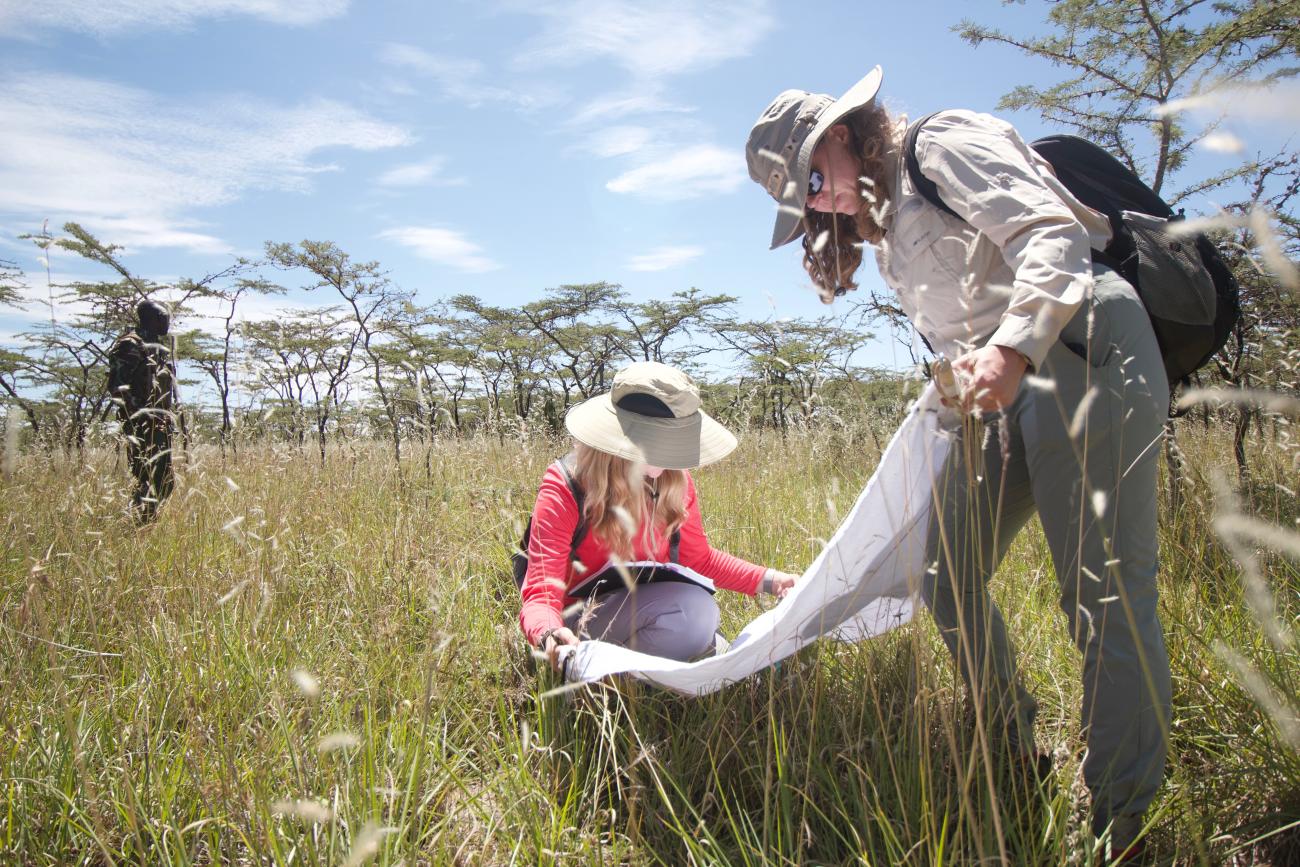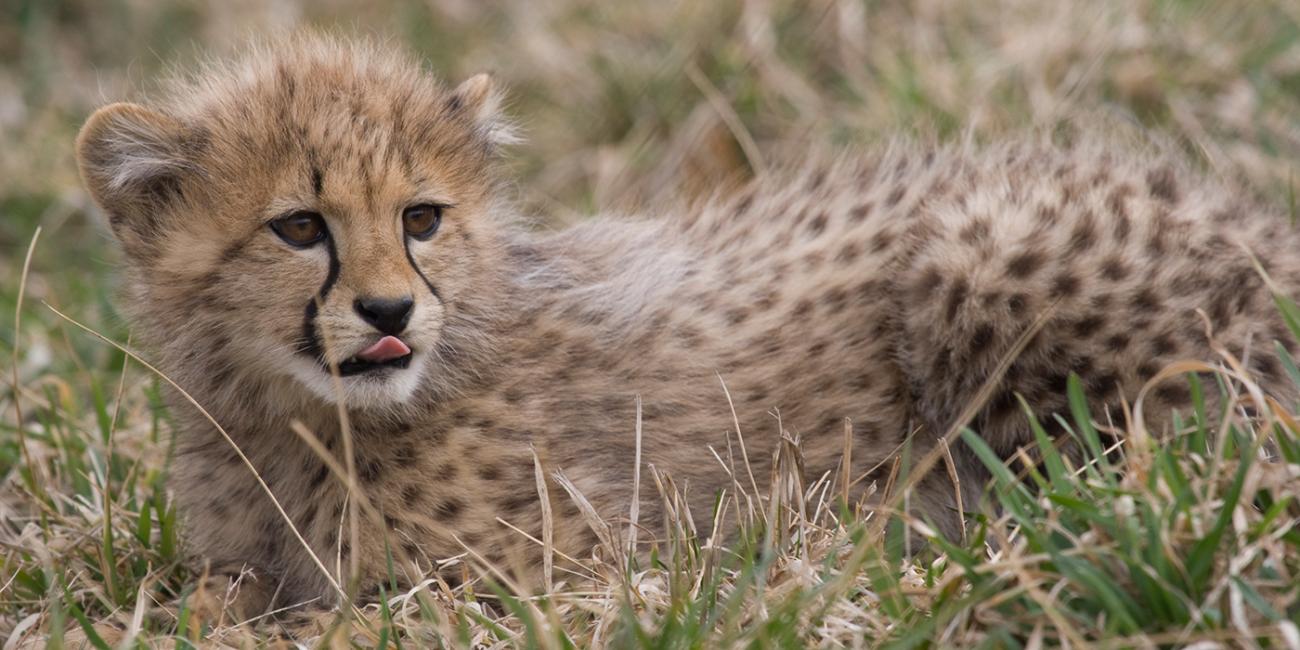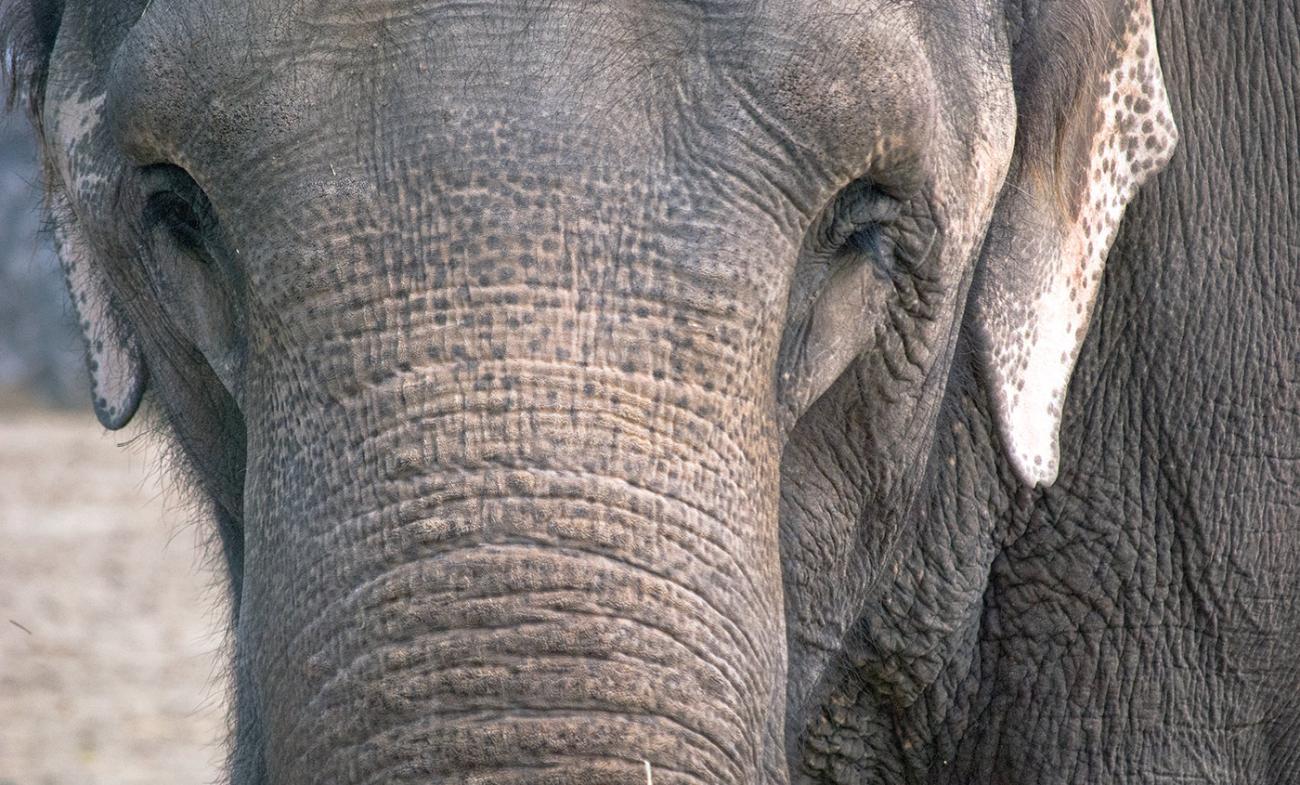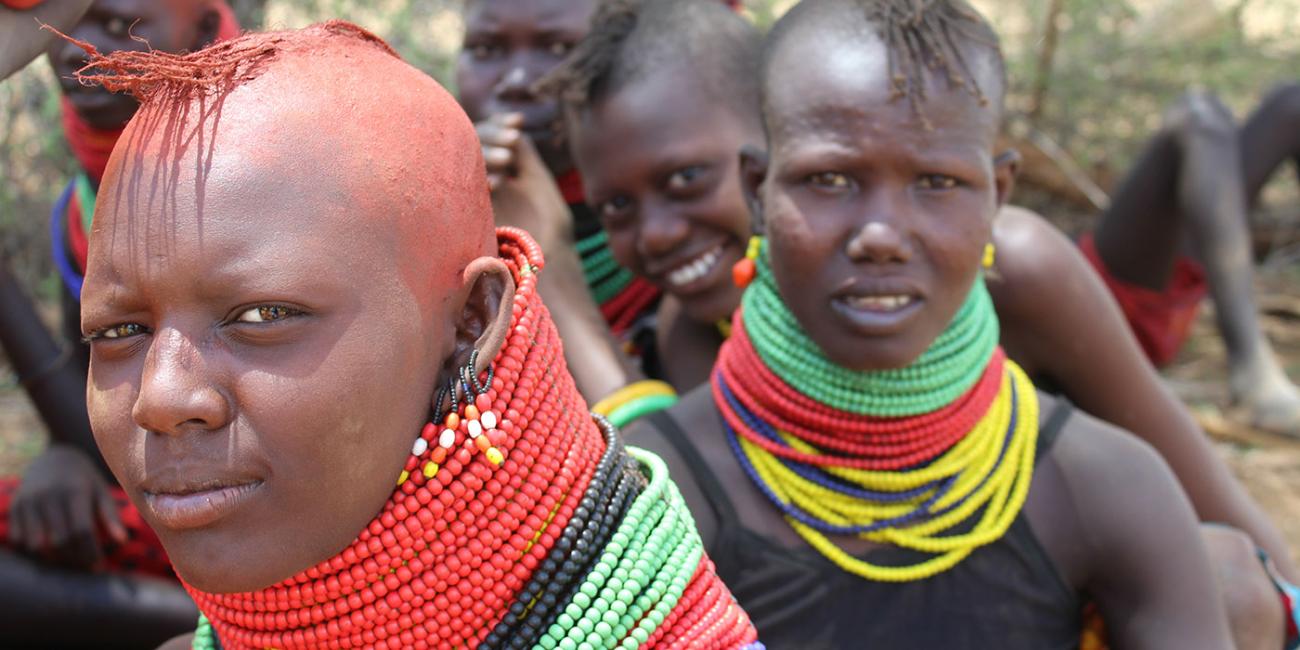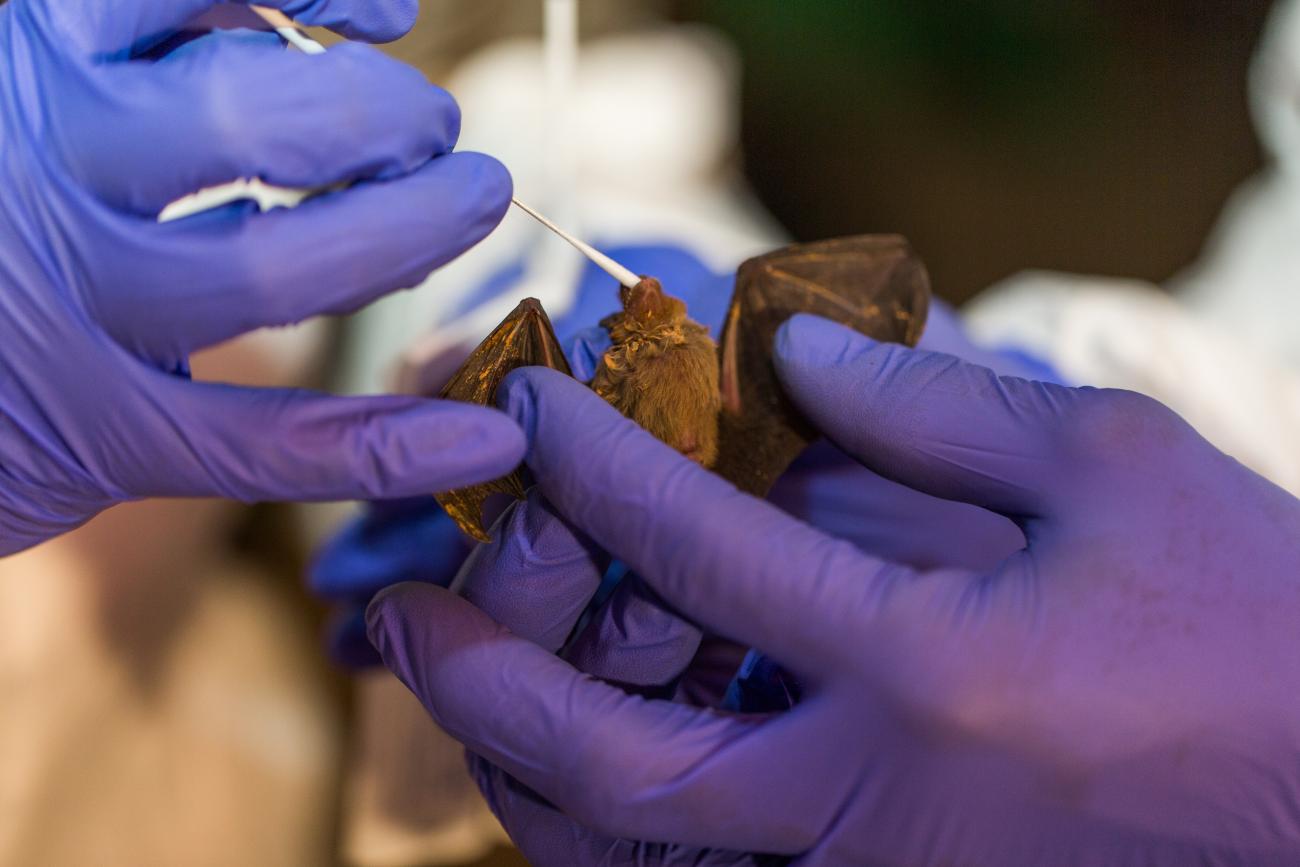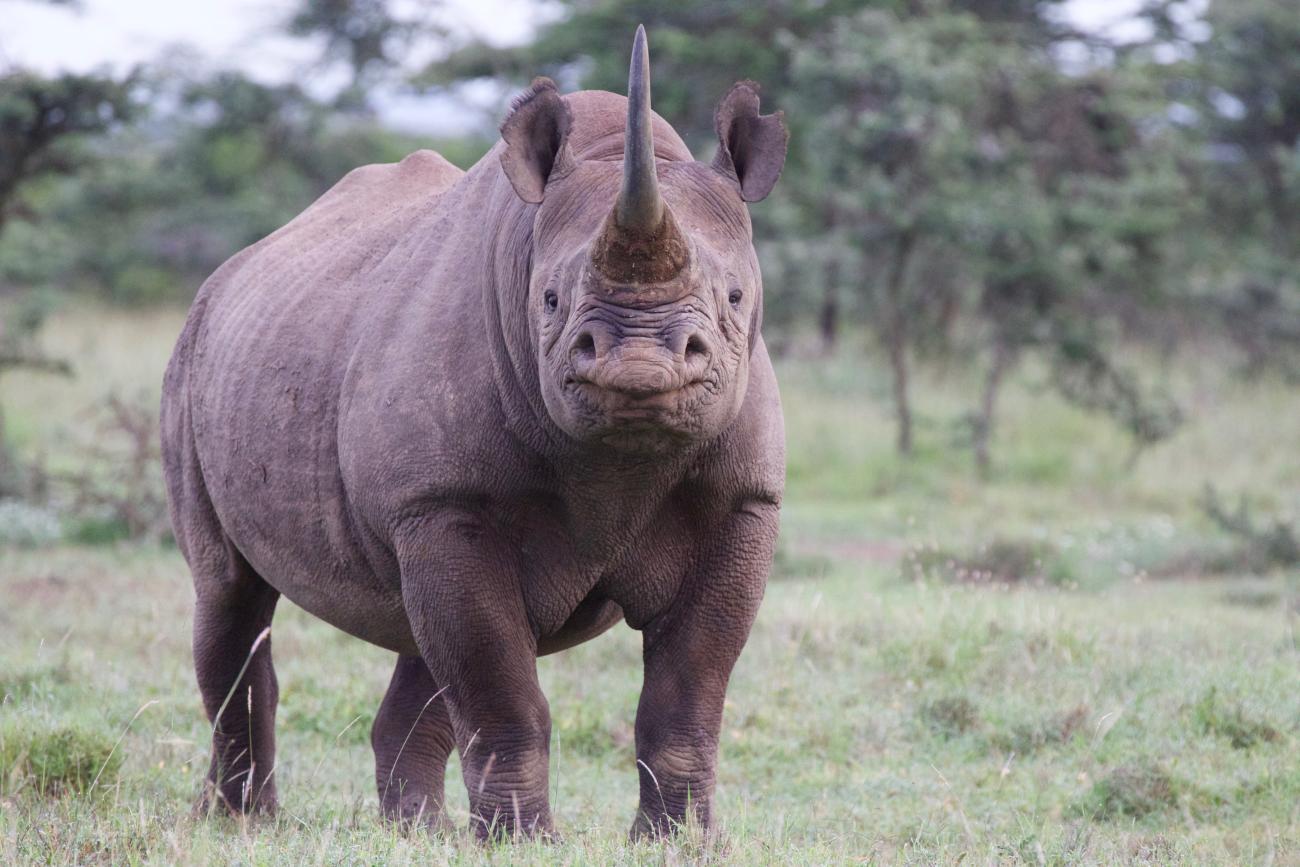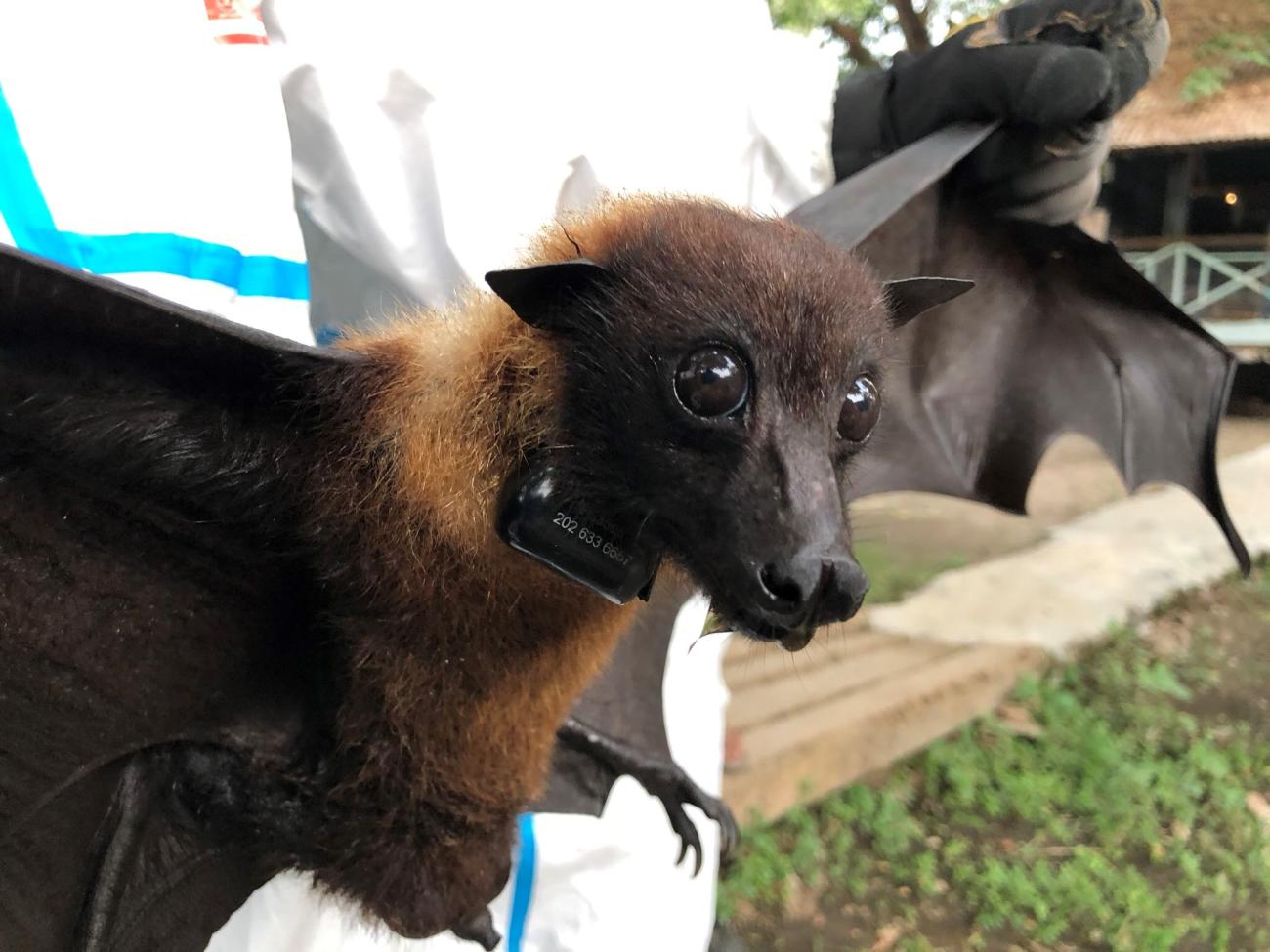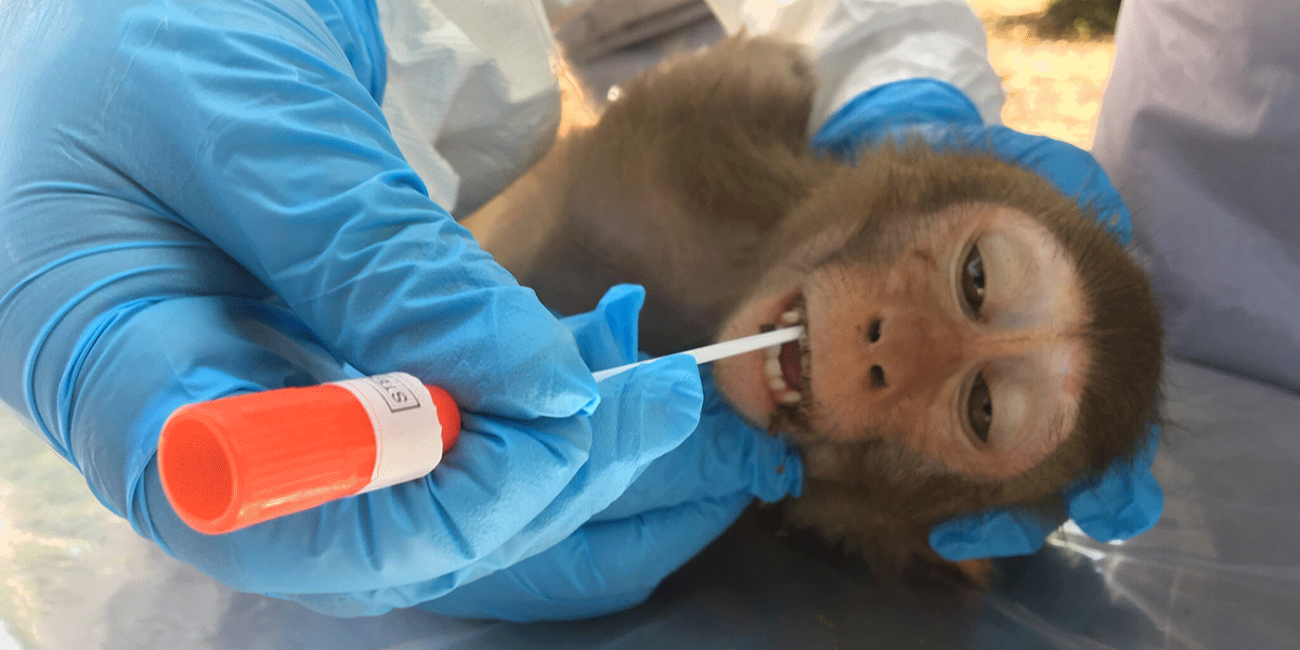Biography
Dr. Suzan Murray is a board-certified zoo veterinarian at the Smithsonian Conservation Biology Institute and serves as both the program director of the Global Health Program and as the SCBI's chief wildlife veterinary medical officer. She leads an interdisciplinary team engaged in worldwide efforts to address health issues in endangered wildlife and combat emerging infectious diseases of global significance, including zoonotic diseases. Dr. Murray also acts as the Smithsonian liaison to the Foreign Animal Disease Threat and Pandemic Preparedness subcommittees of the White House's Office of Science and Technology. Dr. Murray's work focuses on providing clinical care to free-ranging wildlife, pathogen detection, advanced diagnostics, training of international veterinarians and other health professionals, capacity building, and collaboration in infectious disease research at the human-wildlife-domestic animal interface. She previously served as chief veterinarian for the Smithsonian's National Zoo and has a wealth of clinical knowledge and experience with wildlife and zoo animals both free-ranging and in human care.
Dr. Murray earned a bachelor's degree from Amherst College in 1984 and completed her veterinary degree in 1991 from Tufts University. After a surgical internship, she completed a residency in zoological medicine at the Smithsonian's National Zoo in 1995 and became a Diplomate of the American College of Zoological Medicine (DACZM) in 2000. Dr. Murray has been either the principle investigator or co-principle investigator on several research grants including Morris Animal Foundation, Smithsonian Endowment, Smithsonian Women's Committee, and James Bond Funds.
Dr. Murray earned a bachelor's degree from Amherst College in 1984 and completed her veterinary degree in 1991 from Tufts University. After a surgical internship, she completed a residency in zoological medicine at the Smithsonian's National Zoo in 1995 and became a Diplomate of the American College of Zoological Medicine (DACZM) in 2000. Dr. Murray has been either the principle investigator or co-principle investigator on several research grants including Morris Animal Foundation, Smithsonian Endowment, Smithsonian Women's Committee, and James Bond Funds.

